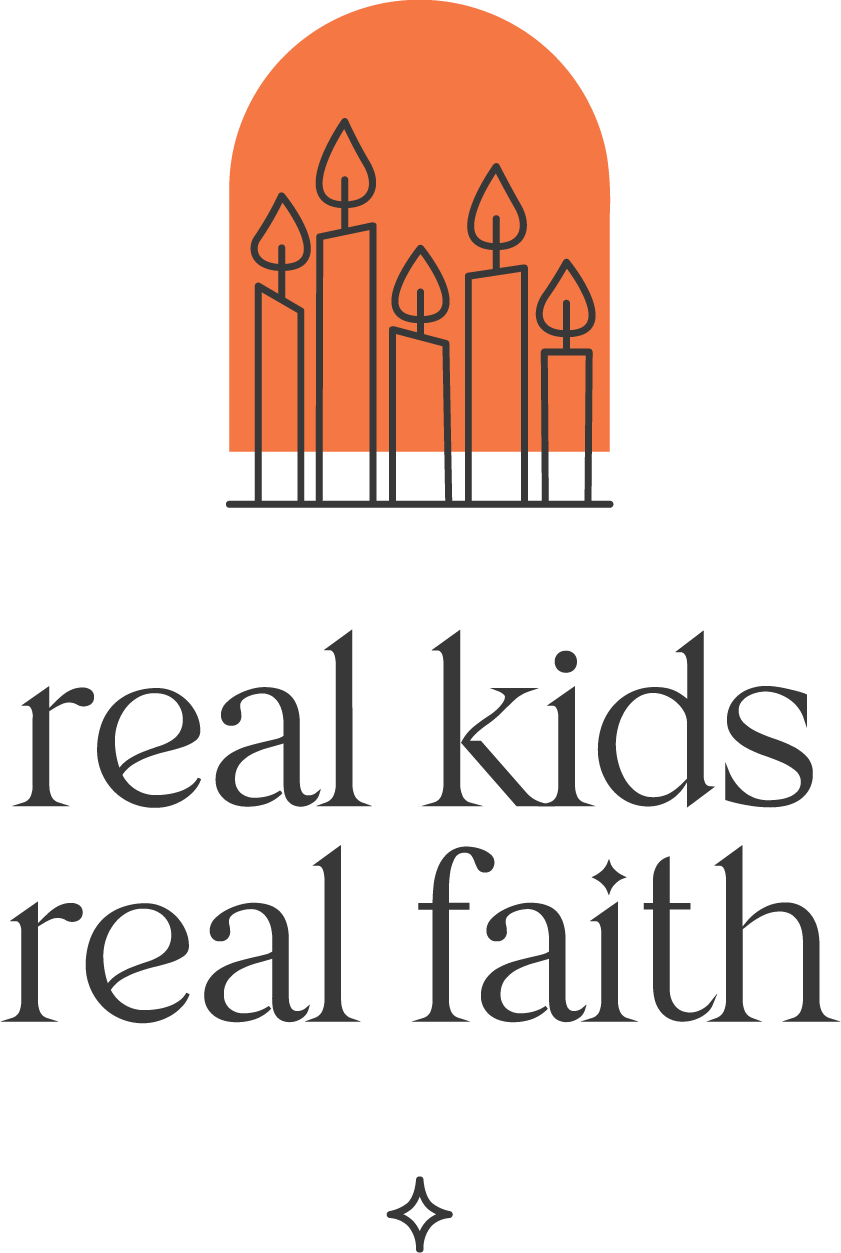“But mom,” my eldest complained, “why do I have to go to church school? They never talk about anything relevant!”
Like some parents, I hoped that participating in a faith community would help my children develop spiritually. Yet Amber wasn’t wrong about the disconnect between church and her interest in debating social issues. The church school curriculum was heavy on biblical literacy and light on social meaning, and Amber wanted more emphasis on the latter.
Research in both psychology and education suggests that a child’s mindset has a lot to do with how engaged they are in learning. If what they are studying seems relevant to their lives and connects them to a purpose greater than themselves, then they persist in working toward greater knowledge and deeper understanding. Conversely, if they can’t see the personal or social value of a topic, they become frustrated or bored and disengage.
So what can organizations that care about children’s spiritual lives do to help children see the value in exploring spirituality? They can connect spiritual concepts and practices to children’s identities (mirrors), encourage critical analysis (windows), and support active experimentation (sliding glass doors).
Invite children to learn about their own and others’ spirituality. Share stories about spiritual exemplars (from religious or cultural texts) and ask children where they see themselves in these characters. Perhaps they relate to the persistence of Gandhi or to Jesus’ desire to heal others. Let them point out the traits they find interesting and explain why those traits are important to them. Studies show that deciding for themselves that something matters is far more effective than being told by others what to value.
Encourage critical analysis of social justice issues. Exploring the connections between spiritual values and social issues helps children see that spirituality extends beyond the self. It also gives them an opportunity to challenge themselves and others to come up with ways to address social inequities in keeping with their spiritual values. Good questions to kick off analysis include What are the consequences of believing x? and What could we do about y?
Create spaces for trying on spiritual traits and trying out spiritual practices. Embodied learning not only deepens children’s understanding; it also underscores the importance of their ideas and actions for the good of the larger community. Spiritual development is not simply adults passing on their values or faith to the next generation. It is an ongoing dialogue among generations and children need to see themselves as active contributors to their community’s discourse.
In short, offer activities that function as mirrors, windows, and sliding glass doors. Mirror activities are those in which children can see themselves and their experiences reflected back. They provide self-affirmation. Window activities provide children with a way to peek into others’ experiences or alternative ways of thinking and acting. They make room for rethinking assumptions and discovering new possibilities. Sliding glass door activities invite practice and experimentation. They provide opportunities for enacting what children learn from mirror and window activities.

Comments